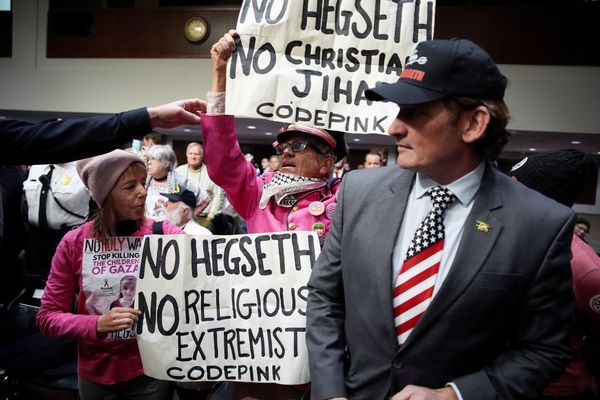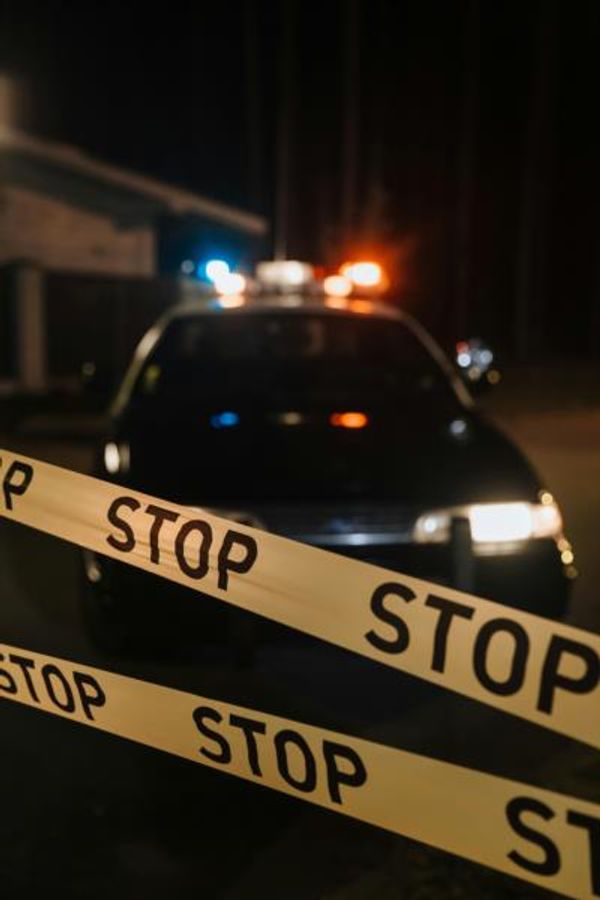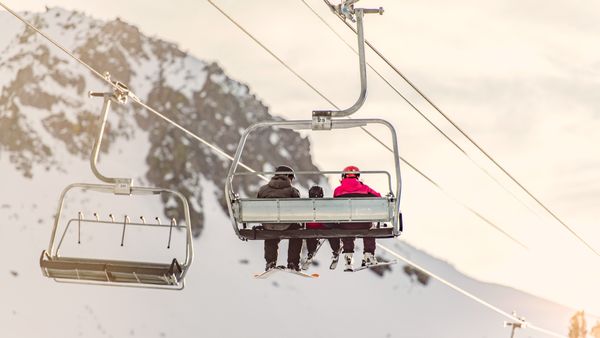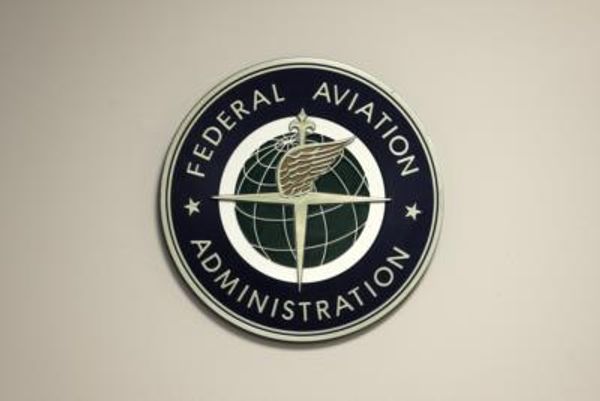Two men accused of attempting to murder a former Russian spy in Salisbury have denied any involvement, insisting they were in the town to visit its "famous" cathedral.
In an interview with the Kremlin-funded RT network, the men denied they worked for Russian military intelligence and rejected any knowledge of the novichok with which they allegedly poisoned former double agent Sergei Skripal and his daughter in March.
Investigators released images of the two suspects, who have been charge with attempted murder, saying they arrived in Britain on genuine Russian passports in the names of Alexander Petrov and Ruslan Boshirov.
Police said the pair travelled to Salisbury from on 3 March to carry out reconnaissance, then returned to launch the attack the following day and flew back to Moscow hours later. Novichok traces were found in their London hotel room.
But the men characterised themselves as tourists and claimed they travelled to Salisbury two days in a row merely for sightseeing. They failed to explain why they arrived in Britain using business visas.
Petrov and Borishov apparently decided the capital's sights were not worthy of a visit during what would have been an extremely short holiday.
The Metropolitan Police last week released images of the two men, announcing that they had been charged with the poisoning and made subject to European Arrest Warrants and Interpol red notices. The government has said it believes the operation was approved at “a senior level of the Russian state”.
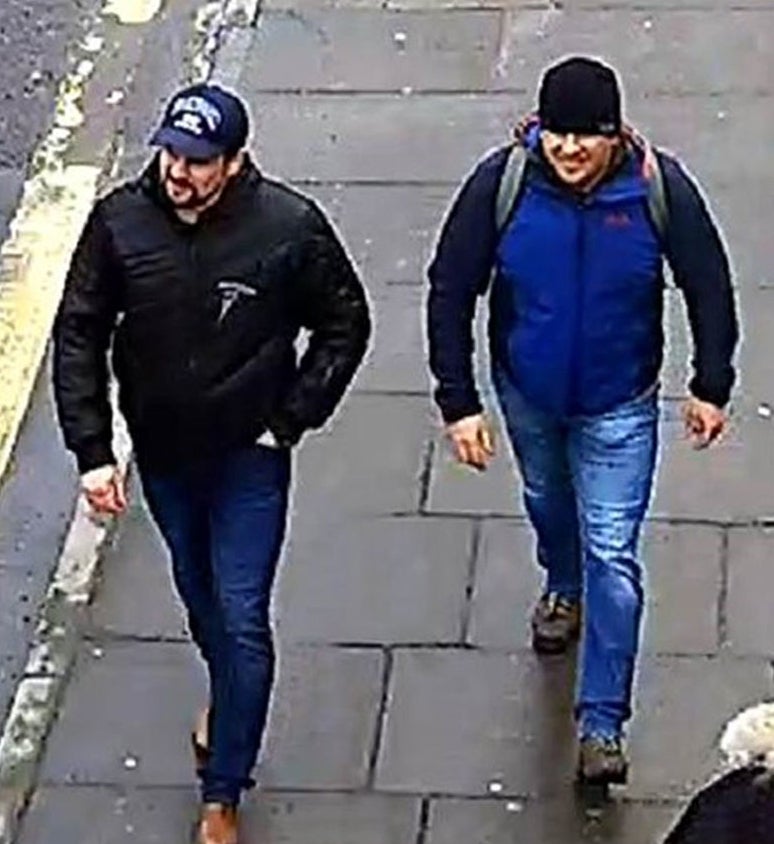
Detectives believe the Russian suspects were operating under aliases, but in the interview, the two men insisted their names were real.
The bearded Mr Boshirov attempted to answer why the two men had chosen to visit Salisbury. Friends had suggested visiting this "wonderful town," he said. It had an “internationally-famous” cathedral, known “for its 123m spire”.
"And its clock, which is one of the first ever created and is still working," he added.
The other man, Mr Petrov, said the two had made two consecutive trips to Salisbury due to bad weather on the first day. The temperature of 2C below zero on that day would not appear to represent extreme weather conditions for two men used to Russian winter.
But, in their version, the snow and slush had got in the way of a visit to Stonehenge and Old Sarum: “We got wet, took the nearest train and came back [to London].”
If they had been in the vicinity of Mr Skripal’s house -where they were caught on CCTV minutes before the novichok was smeared on his door - it was entirely by accident. They had no idea where it was located, they said, after walking directly to it from Salisbury railway station, in the opposite direction from the city centre and sights.
In a revealing exchange, Mr Petrov said that they decided to return to Salisbury to “get this thing over and done with” (in Russian: sovershit’ delo). The phrase seems to be a misstep. The interviewer, Margarita Simonyan, known for her friendly relations with the Kremlin, stops to correct him, by asking: “What thing?”
The other man, Mr Boshirov, interjects: “To go to the cathedral.”
The pair also denied they were carrying novichok, or were possession of a specially adapted Nina Ricci perfume bottle UK police say was used to administer the poison.
Ben Wallace told the House of Commons they smuggled the novichok into Gatwick Airport using the counterfeit bottle, which was “recklessly” discarded after being used to smear the nerve agent on Mr Skripal's front door and later poisoned Charlie Rowley and killed his partner Dawn Sturgess.
“Wouldn’t it be strange for average lads to carry women’s perfume? Customs check everything,” Mr Boshirov said. “They would have questions about why men have women’s perfume in their luggage, which we didn’t.”
The pair explained their extensive travel history around Europe by claiming they sold sport supplements, but a police timeline of their movements in Britain did not contain any business meetings.
Halfway through the interview, Ms Simonyan notices the men have been sweating, and turns the air conditioning on.
The two men say the events of March had made them afraid to leave the house. “We fear ourselves, our lives and lives of our loved ones," said Mr Boshirov.
John Glen, the MP for Salisbury, said the suspects' statements were "not credible".
"Delighted that Alexander Petrov and Ruslan Borishov were able to see the world-class attractions that Salisbury has to offer," he wrote on Twitter. "But very strange to come all this way for just two days while carrying novichok in their luggage."
The interview comes just a day after Vladimir Putin made an unexpected statement at a showpiece economic forum in Vladivostok. Russian authorities had identified the men, he said, but had concluded there was “nothing criminal” about the two suspects. The suspects were "civilians, not military intelligence officers."
The president then suggested the men should come forward and speak to the media to clear their names. And so they did.
Interviewer Simonyan said the two men called her on themselves. They trusted the interview with no one else, she claimed.
Prosecutors have charged them with conspiracy to murder Mr Skripal, attempted murder, using novichok and other offences, but have not sought an extradition warrant from Russia because its constitution forbids handing over criminals to other countries.
Sajid Javid has vowed that Britain and its allies will catch the pair if they ever leave Russia again, but admitted the scenario is unlikely.
“If they ever step out of the Russian Federation, Britain and its allies will get them and we will bring them to prosecution,” the home secretary said on Saturday, claiming the GRU was “getting its instruction directly from the highest level of the Russian government”
The case echoes that of Alexander Litvinenko, a former FSB agent who was assassinated using polonium in London in 2006.
British investigators identified Andrey Lugovoy as the chief suspect after he left a radioactive trail right up to the plane he boarded back to Russia, but he has never been prosecuted and Russia refused an extradition request from the UK.
